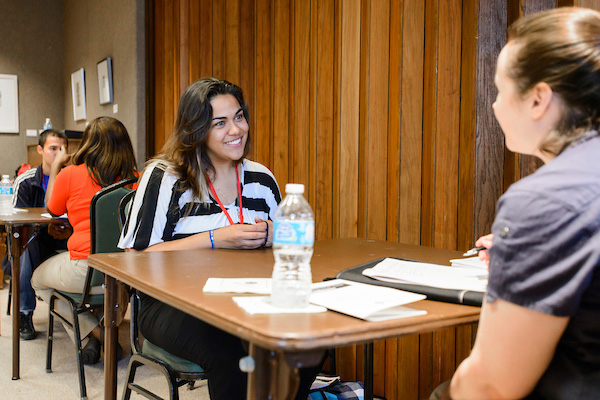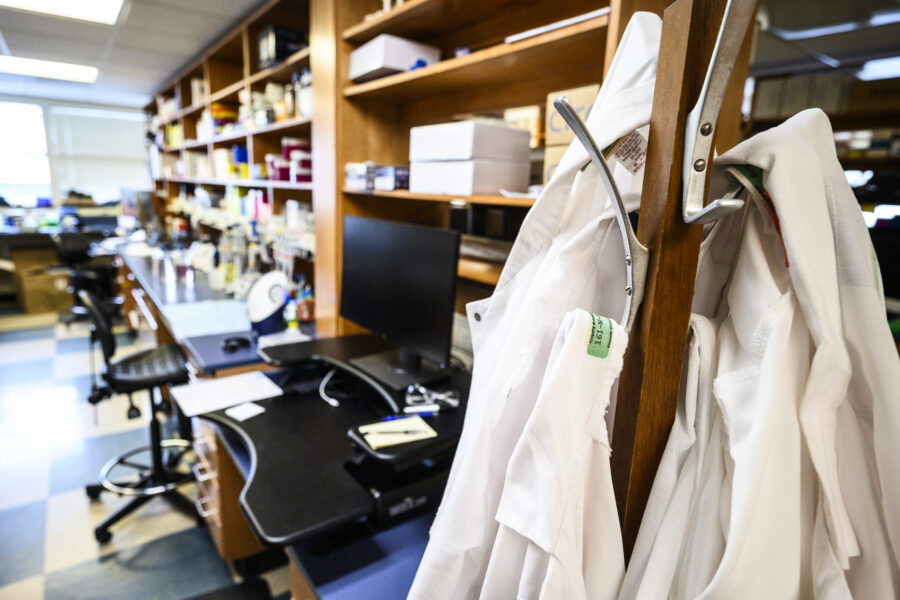About Midwifery
Midwives are healthcare professionals who provide primary OB-GYN care to people from young adult years through menopause. They specialize in work with expectant individuals from before birth through the postpartum period and provide newborn care, birth control, and family planning. They also provide primary care during labor and birth.
Three pathways to becoming midwives are: Certified Nurse Midwife (CNM), Certified Midwife (CM), and Certified Professional Midwife (CPM). They generally practice in hospitals, private homes, birth centers, or offices.
While both midwives and doulas work with mothers from before birth through the postpartum period, and they often work together, their roles differ. Midwives provide medical care for the mother and baby whereas doulas provide nonmedical care such as support related to emotional, physical, and social well being. To learn more about the role of a professional doula, visit our Doula page.
For the most up-to-date information on salary for Nurse-Midwives, visit the U.S. Bureau of Labor Statistics website.
Note: UW-Madison does not offer a midwifery program. While this field is not among CPHA’s primary areas of advising expertise, we are here to support you in exploring the field, building helpful experiences, and navigating some aspects of professional program applications. Talk with us if you have questions!
Certified Nurse Midwife (CNM)
CNMs are nurses who have completed graduate level nurse-midwife program and passed certification exam. They provide the same level of care as a CM and are licensed to independently practice in all 50 states.
- Focus of Profession: Women’s healthcare from adolescence to beyond menopause
- To become a CNM you must successfully complete a graduate level midwifery program.
- You must earn a Registered Nurse (RN) license prior to or within a midwifery graduate education program.
Certified Midwife (CM)
CMs are non-nurses who have completed a graduate-level midwifery degree program and passed a certification exam. They provide the same level of care as a CNM, and license to independently practice may vary by state.
- Focus of Profession: Women’s healthcare from adolescence to beyond menopause
- To become a CM you must successfully complete a graduate level midwifery program.
- You must have successfully completed required science & health courses prior to or within the midwifery graduate education program.
Certified Professional Midwife (CPM)
CPMs have met the certification requirements of the North American Registry of Midwives (NARM) and are able to to support individuals through pregnancy and childbirth. Practice privileges may vary by state.
- Focus of Profession: Pregnancy and Childbirth
- To become a CPM, certification doesn’t require an academic degree and instead is based on a specific area of knowledge and skills.
- You must have successfully completed a high school diploma or equivalent prior to certification.
Explore Your Interest in Midwifery
Shadowing & Informational Interviews
An excellent way to explore your interest in the field is by talking with midwives. Look for midwives on LinkedIn, Instagram, or TikTok to see if they are willing to talk about their career.
Jobs
Consider a job in a patient care setting to confirm that this is work you enjoy!
Finding a Program
List of Accreditation Commission for Midwifery (ACME) Accredited Education Programs.
The Wisconsin Guild of Midwives shares more about educational opportunities.
Additional Resources
Giving Birth to a New Age of Midwives and Doula Podcast
Required Coursework
Pre-requisite courses vary by program, so it’s always necessary to consult program websites.

